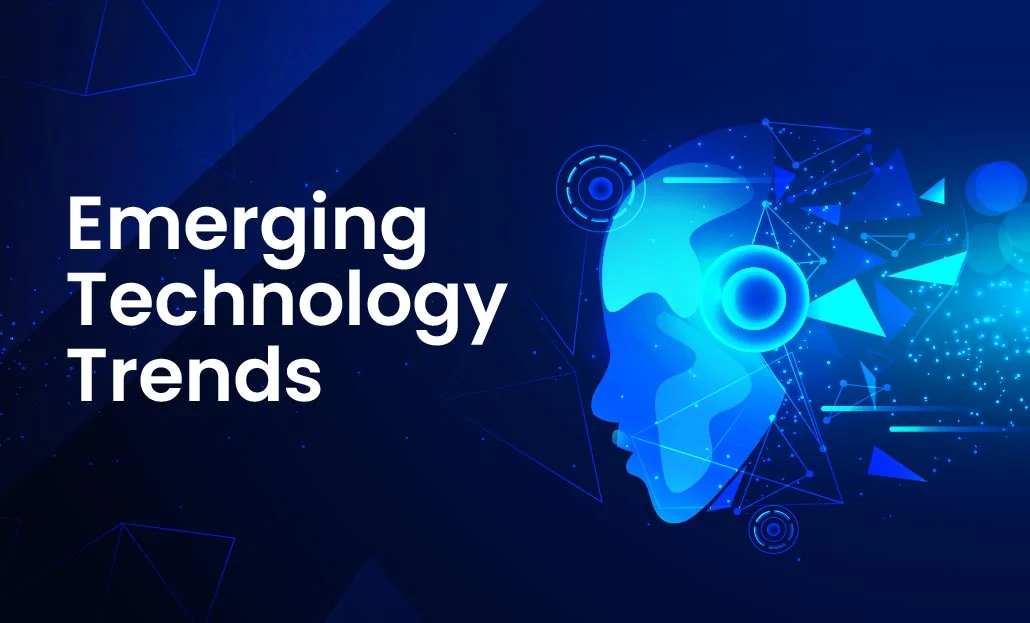In the ever-evolving landscape of technology, software engineering stands at the forefront of innovation. As the demand for more efficient, secure, and scalable software solutions continues to grow, developers are embracing new approaches and technologies that are revolutionizing the field. This article delves into the emerging trends in software engineering, exploring how these advancements are reshaping the way we design, develop, and deploy software.

- Artificial Intelligence (AI) Integration: The integration of artificial intelligence has become a game-changer in software engineering. AI is being employed for tasks such as code completion, automated testing, and even in the development of intelligent applications that can adapt and learn from user interactions.
- Low-Code/No-Code Development Platforms: Low-code and no-code development platforms are democratizing software development by enabling individuals with varying technical backgrounds to create applications without extensive coding knowledge. These platforms streamline the development process, allowing for rapid prototyping and deployment.
- Microservices Architecture: Microservices architecture is gaining prominence as a modular and scalable approach to building software. Breaking down applications into smaller, independent services enhances flexibility, facilitates easier updates, and allows for more efficient resource utilization.
- DevOps and Continuous Integration/Continuous Deployment (CI/CD): DevOps practices, coupled with CI/CD pipelines, are becoming standard in software engineering. These methodologies focus on automating the development pipeline, ensuring rapid and reliable delivery of software updates, reducing errors, and enhancing collaboration between development and operations teams.
- Containerization with Docker and Kubernetes: Containerization technologies like Docker and orchestration tools like Kubernetes have revolutionized how software is deployed and managed. Containers provide consistency across different environments, allowing developers to build and deploy applications seamlessly, irrespective of the underlying infrastructure.
- Serverless Computing: Serverless computing eliminates the need for managing infrastructure, allowing developers to focus solely on writing code. With platforms like AWS Lambda and Azure Functions, serverless architectures enable automatic scaling and cost optimization, making them increasingly popular in modern software development.
- Blockchain Integration: Blockchain technology is finding its way into software engineering, particularly in areas like secure data storage, smart contracts, and decentralized applications (DApps). Its decentralized and tamper-resistant nature is adding a layer of security and transparency to various software solutions.
- Quantum Computing Explorations: While still in its infancy, the exploration of quantum computing is underway in the realm of software engineering. Developers are beginning to investigate how quantum algorithms can solve complex problems exponentially faster than classical computers, opening up new possibilities for data processing and cryptography.
- Edge Computing for Real-Time Processing: Edge computing is gaining traction for applications that require real-time processing and low latency. By bringing computation closer to the data source, edge computing enhances performance and responsiveness, making it ideal for IoT (Internet of Things) devices and applications with stringent latency requirements.
- Ethical and Inclusive Software Development: There is a growing emphasis on ethical and inclusive software development practices. Developers are recognizing the importance of creating software that is accessible to all users, considering factors such as diversity, equity, and inclusion in the design and development process.
Conclusion:
As software engineering continues to evolve, the industry is witnessing a paradigm shift driven by emerging trends and technologies. From the integration of artificial intelligence to the rise of serverless computing and ethical considerations in development, these trends are collectively shaping the future of software engineering. Developers who embrace these innovations are not only revolutionizing the way we build software but are also laying the foundation for a more inclusive, efficient, and impactful digital future.

